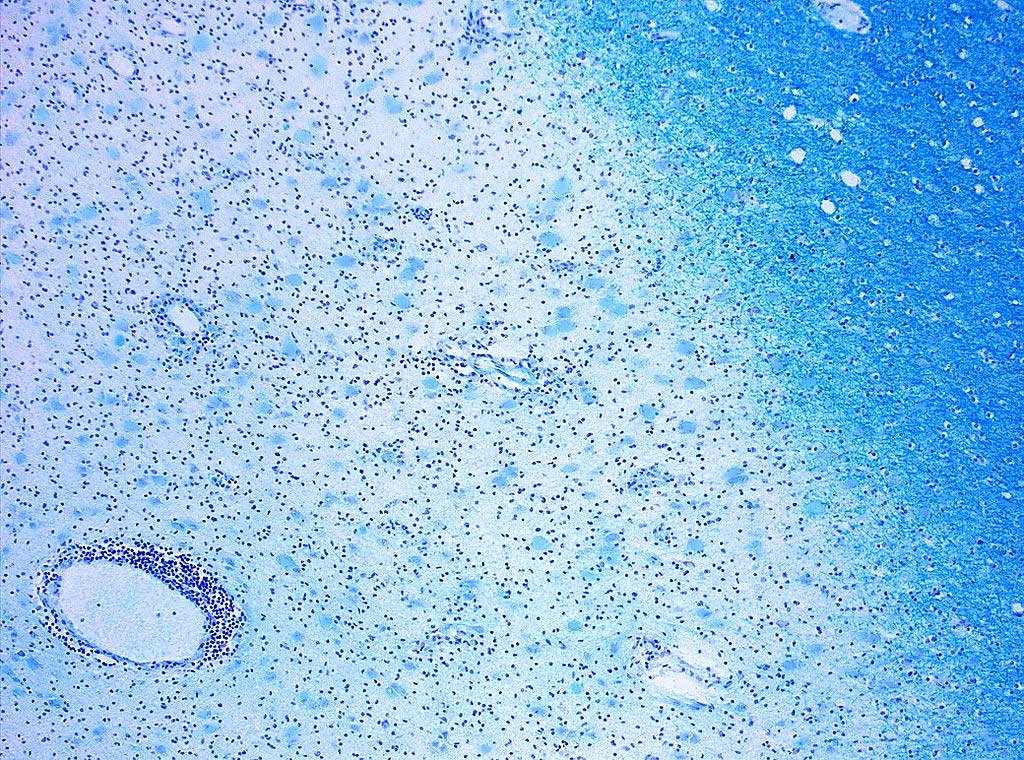
Harnessing Artificial Intelligence to Diagnose Disease
This research paper explores the role that machine learning can play in providing physicians and researchers alike with tools to diagnose early onset diseases with genetic roots like Multiple Sclerosis, not only to research causes, but to greatly increase chance of patient survival.
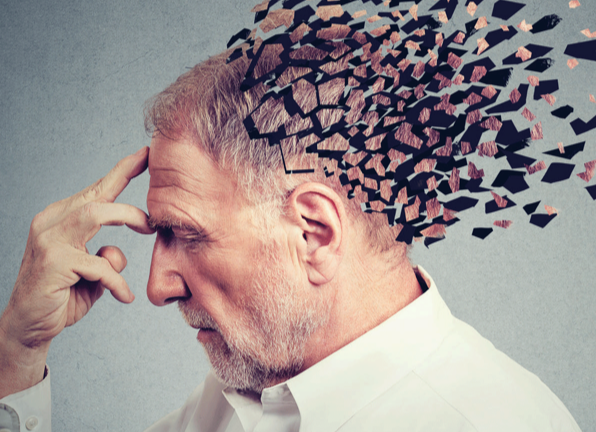
Exploration of Methods Aimed at Managing BPSD
This article focuses on the management of behavioral and psychological symptoms of dementia (BPSD) as well as pharmacological and non-pharmacological interventions. It will determine the most effective methods and go in-depth on the three steps needed for managing BPSD.
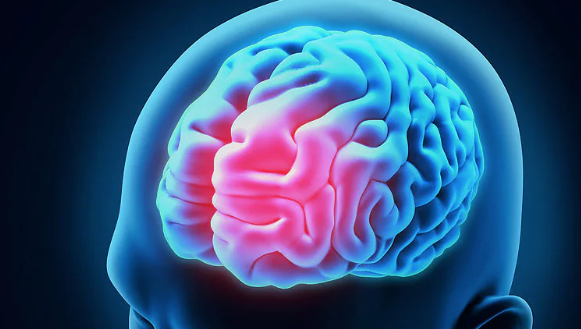
Precision Medicine for Frontotemporal Dementia
This article talks about different types of Frontotemporal Dementia and it’s effect on people. This review improves the understanding of all the different types of advancing treatments for FTD while centralizing its focus on the approaches of precision medicine to cure Fronto-temeporal Dementia.
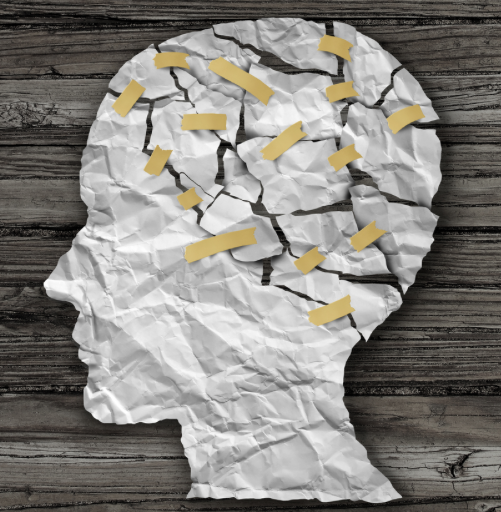
Potential Possibilities of Fronto-temporal Dementia Treatment
Everyone knows of dementia, but did you know of the scarcity of research and treatments for it? In this study scientists look into the potential possibilities of frontotemporal dementia treatment, exploring different prospects and the capability they hold.
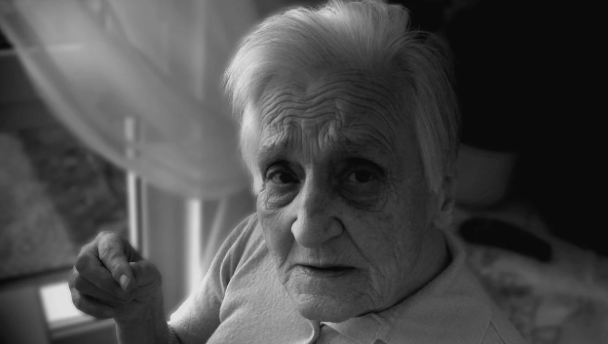
Recommendations for Alzheimer's Diagnosis, Treatment, and Care
More than 40 million people in the world are living with Alzheimer's disease or related forms of dementia, of which 15% are in the United States. Despite all the efforts, the death rate is increasing. Hence, the disease is a public health challenge rather than a personal disease. This article, written by Karthik Subramanian, elucidates innovative and strategic approaches to address this major public health challenge.

How Traditional Herbal Medicine Impacts the Treatment of Alzheimer's Disease
This article, written by Grace Yu, analyzes the impact of using traditional Chinese herbal medicine to suppress the symptoms of Alzheimer’s Disease. The search for effective medicines to reduce the impact of AD symptoms has been ongoing for a long time. Herbal remedies are just one such type of medicine, and its effects will be analyzed in this article.

How physical activity would help kids to promote their learning capabilities
This article written by Pranav Surapaneni goes into the depths of a meta analysis in which the effects of physical activity on the academic performance of school children are analyzed. Its results serve as a strong contention on whether schools should implement physical activity programs, such as recess, rather than devoting more time to academic classes. The metanalysis dives to explore how these programs should be utilized, if at all, and what mark they leave on children.
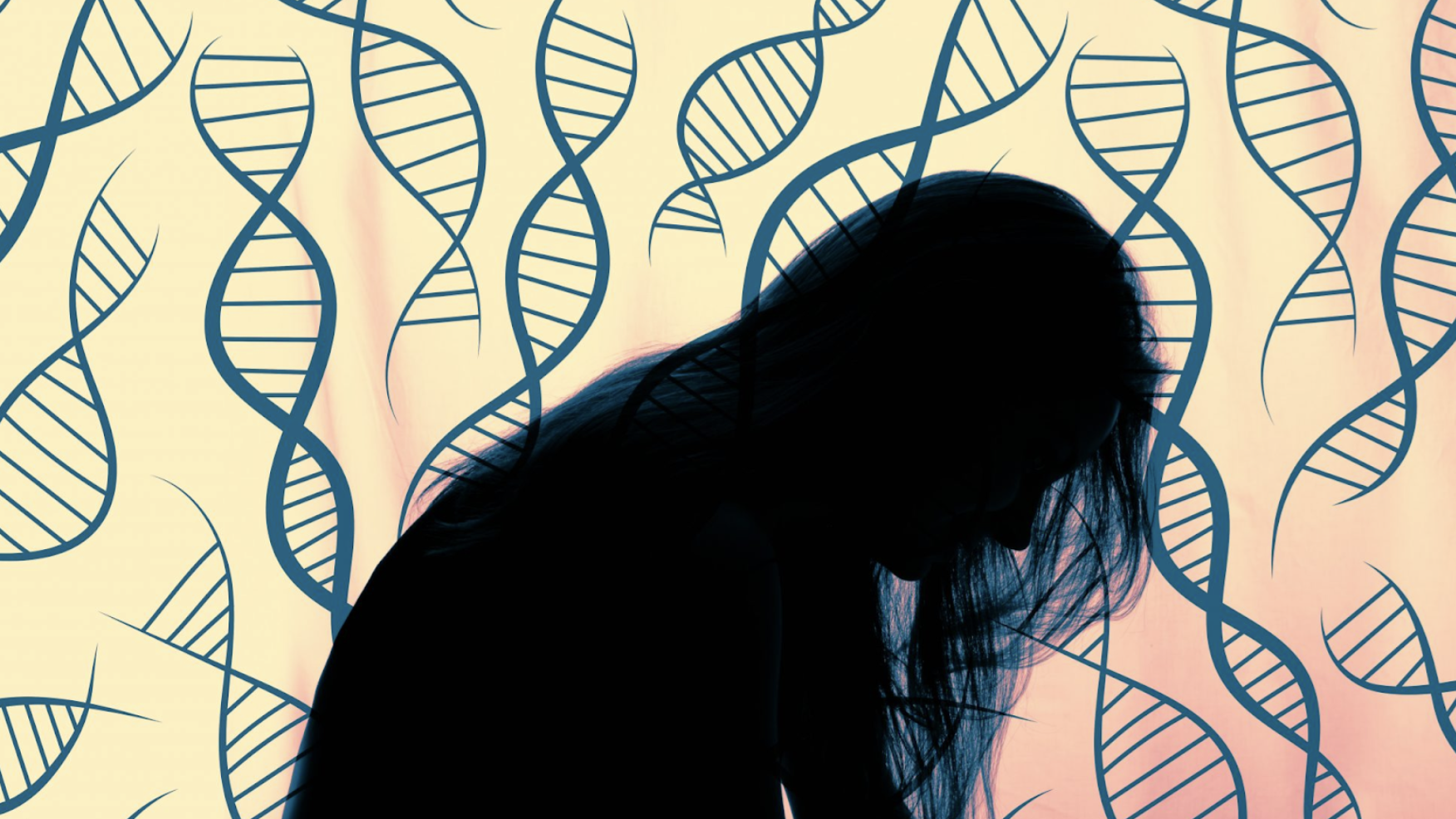
The Link Between Genetics and Mental Illness
This article, written by Pearl Vishen, dives into the concepts of genetics and its role in mental wellbeing. Researchers from Yale and UC San Diego used a genome-wide association study to discover genetic variants that lead people more likely to develop depression. Using this information, scientists hope to be able to create more targeted treatments to alleviate the struggles of those with mental illnesses.
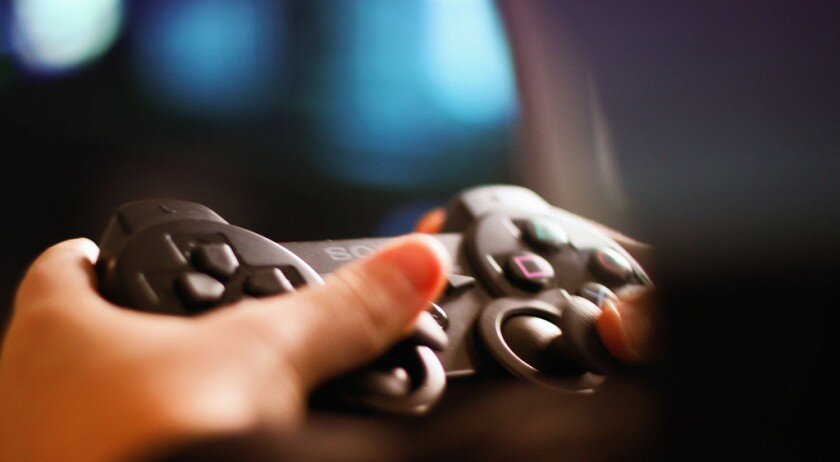
Do Video Games Improve Memory and Cognitive skills?
This article talks about the correlation between video games and the improvement in brain functions, like working memory and cognitive skills.
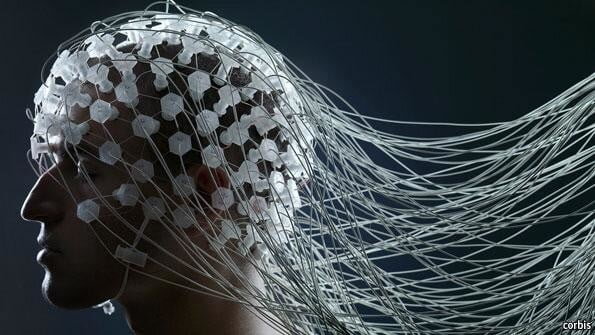
Deep Learning Predicts Neurodegenerative Disorders from Brain Scans
This article explains how scientists created a deep neural network to derive the brain age from brain scans taken during sleep, and use it as a biomarker to predict neurodegenerative diseases with accuracy.
